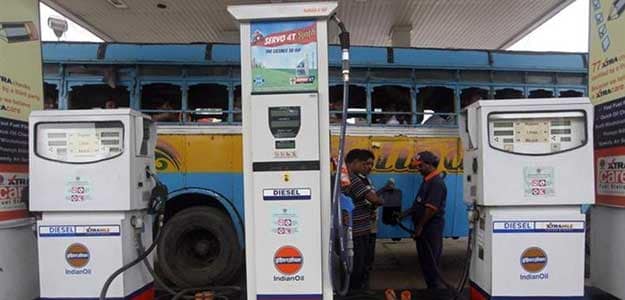
“Fitch equalises IOC’s rating with that of its largest shareholder, the state of India (BBB-/Stable) due to their strong operational and strategic linkages,” the credit rating agency said in a statement.
Government of India holds a 58.6 per cent stake in IOC.
The rating signifies that the capacity for payment of financial commitments is considered adequate but adverse business or economic conditions are more likely to impair this capacity.
Fitch believes the linkages remain strong despite the deregulation of diesel prices in 2014. IOC however continues to retail kerosene at government-prescribed prices that are lower than market prices.
“Fitch may reassess the linkage of IOC with the state, as per Fitch’s Parent and Subsidiary Linkage methodology, if the state oil marketing companies’ policy role weakens due to further deregulation of petroleum products,” it said.
While assessing the linkages, Fitch will also consider the government’s commitment to maintaining market-based prices for already deregulated products when oil prices increase.
The lower oil prices and deregulation of diesel have significantly improved IOC’s finances.
Fitch assessed the company’s standalone credit profile at ‘BB+’ which indicates an elevated vulnerability to default risk, particularly in the event of adverse changes in business or economic conditions over time.
The government covers IOC’s under-recoveries (the difference between market prices and state-controlled selling prices) from the sale of kerosene through subsidies and discounts from upstream companies while downstream companies bear part of the under-recoveries.
Apart from the deregulation of diesel prices in 2014, the state has also moved to a direct benefit transfer scheme, which transfers subsidies directly to the consumers, for household liquefied petroleum gas.
IOC is the largest oil refining company in India with 80.7 million tonnes per annum of capacity.
It operates 11 of the 23 refineries in the country. IOC’s market share increased to 35 per cent at end-March 2016 from 31 per cent with the commissioning of its Paradip refinery in February 2016.
IOC is also the largest seller of petroleum products in India, with over 46 per cent market share of retail outlets.
Debt at IOC fell to Rs 49,100 crore as at end-2015 from Rs 58,500 crore a year ago.
Fitch expects IOC’s capex to remain high to upgrade refineries to meet new emission standards that will be implemented by 2020 and to expand refining and petrochemical capacity, including the expansions currently underway.
It expected capex and investments in upstream assets to be around Rs 25,000 crore per year over the next 5-7 years.



